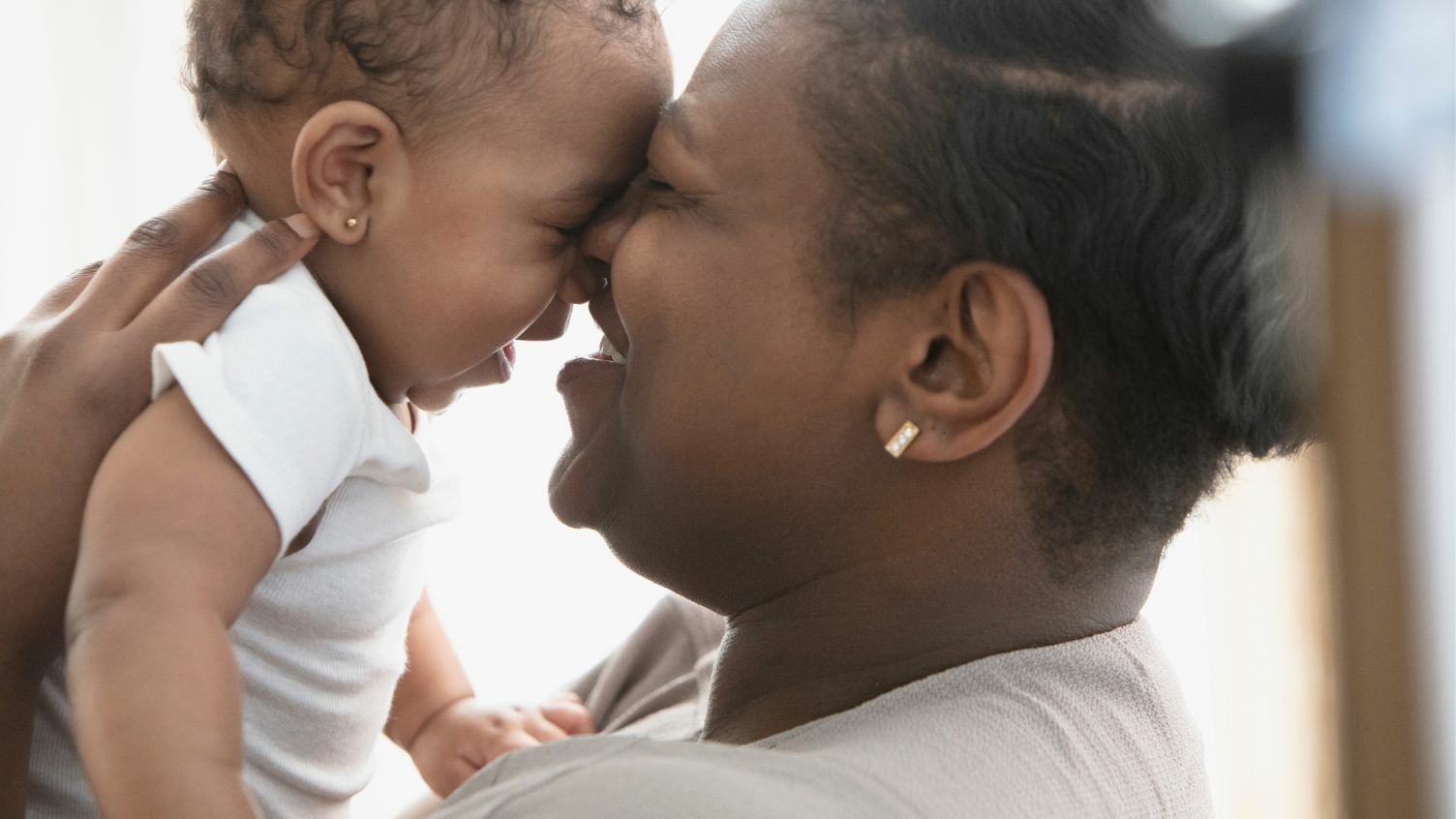Supporting COVID-19 research in Northamptonshire
- 9 October 2020
- 3 min read
The Northamptonshire Research Support Team (RST), part of the NIHR Clinical Research Network (CRN) East Midlands has been working to support vital COVID-19 research across the country. Members of the research community across Northamptonshire tell us more...
“Our team has been supporting the ISARIC study and Canine COVID-19 study during the pandemic,” explains Katie Warwick, RST Hub Leader for Northamptonshire. “We have been working with partners to deliver research into COVID-19 since the early weeks of lockdown and immediately offered our full capacity to support the incredible research effort across the county.”
The ISARIC trial is exploring the characteristics of the virus and how it affects the patient population, seeking to understand more about how COVID-19 affects people with certain comorbidities. Canine Covid-19 is an innovative trial utilising sniffer dogs, aiming to discover whether dogs can detect the virus using scent alone.
“We provided support to both Northampton General Hospital NHS Trust (NGH) and Kettering General Hospital NHS Trust (KGH),” Katie adds. “In addition to delivering these important research studies, we have also helped to support ongoing priority research as well as the Restart process to unpause studies that were temporarily halted when the pandemic hit.”
Support provided by the RST included intensive data entry, recruitment support, explaining the research to NHS staff, receiving consent and completing any administrative duties that were required. Other RST Hubs across the East Midlands have been delivering similar support to partners throughout the pandemic.
Sophie Guilfoyle, Clinical Research Practitioner for the RST, says that she has enjoyed working with partner organisations to deliver research. “I’ve been inspired by the effort and commitment demonstrated by the staff,” she says, “and the research will help us accelerate our collective learning so that we can improve patient care.” Sophie adds that her support and involvement has enabled NGH staff to continue delivering research studies that otherwise would have needed to be paused, which has substantially benefited participating patients.
Both Trusts have singled out RST staff for praise in recognition of their contribution during these challenging times. “We were delighted to work with Sophie on the ISARIC study,” says Lucy Dudgeon, Lead Research Nurse at NGH. “She brought positivity and a fresh perspective to the department during unprecedented times, did everything that was asked of her, and came up with good ideas to improve the quality of the data being collected and entered.”
The support of the RST has also been valued by the research team at KGH. “The RST’s flexibility and adaptability have been outstanding,” says Susan Coburn, Lead Research Nurse at the Trust. “The team has helped us respond to the many challenges and demands that we have faced and has been a tremendous support - I will certainly be asking for their help again.”
“I was able to support the delivery of both the ISARIC and CANINE studies,” says Anna Williams, RST Research Nurse. “This gave me a chance to work closely with the research team at Kettering General Hospital, and I am very proud to have played my part at the height of the pandemic.”
As COVID-19 cases begin to rise, the research community across Northamptonshire is collaborating to ensure that patients are provided with the support to take part in research, drawing upon lessons learned from the previous six months. Katie believes that this experience makes the RST well placed to contribute to ongoing research into the virus, including with a vaccine trial that the team will now be supporting.
“I am immensely proud of the enormous contribution that the RST Northamptonshire Hub has made during such unprecedented times,” Katie says. “We have provided partners with a flexible and efficient service to bolster research across the county, and together we have ensured that patients across Northamptonshire have been supported by professionals to be part of the vital research response to the pandemic.”


